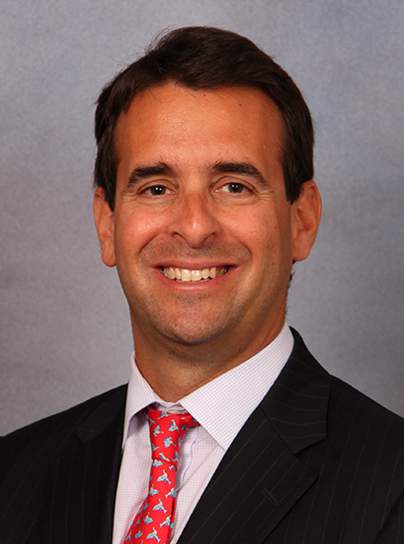Scarsdale Attorney Indicted for Conspiracy in Shkreli Case
- Monday, 21 December 2015 15:10
- Last Updated: Tuesday, 22 December 2015 07:52
- Published: Monday, 21 December 2015 15:10
- Joanne Wallenstein
- Hits: 7708
 A Scarsdale native is in the spotlight in connection with the arrest of Martin Shkreli, the hedge fund manager who became infamous when he purchased a pharma company and jacked up the price of its drugs to astronomical levels. Shkreli's lawyer, Evan Greebel, age 42 of Scarsdale, was also arrested and pleaded not guilty to the charge of conspiracy. He was released on $1 million bail.
A Scarsdale native is in the spotlight in connection with the arrest of Martin Shkreli, the hedge fund manager who became infamous when he purchased a pharma company and jacked up the price of its drugs to astronomical levels. Shkreli's lawyer, Evan Greebel, age 42 of Scarsdale, was also arrested and pleaded not guilty to the charge of conspiracy. He was released on $1 million bail.
Shkreli was arrested not for bilking customers for medications, but instead for using funds from his company Retrophin to pay back $11 million to clients who lost money in Shkreli's hedge fund. Shkreli was also released on $5 million bond.
Greebel joined Kaye Scholer LLP, a prominent New York law firm in June 2015. Before June he worked at Katten, Muchin, Rosenman LLP, which is a Chicago-based law firm with an office in New York for 12 years. Greebel who now lives in Quaker Ridge is a graduate of Scarsdale High School, the University of Michigan and Georgetown University Law School.
Prosecutors allege that Greebel used his law license and training to conceal and further the scheme. The indictment says that Greebel conspired with Shkreli to "devise a scheme and artifice to defraud Retrophin and to obtain money and property from Retrophin by means of materially false and fraudulent pretenses, representation and promises."
According to a lawyer who is not involved in the case, "It is very unusual for a lawyer (especially a partner at a major law firm like Kaye Scholer) to be indicted as a co-conspirator with a client for defrauding third parties. I think what the US Attorney was reacting to was that the whole transaction (having a public company pay off debts incurred by a hedge fund that was run by its CEO but with no other connection to the public company) reeked and the lawyer was actively trying to structure it in such a way as to avoid detection by company auditors." An article in the Deal Book section of the NY Times on December 21st provides more background on the case.






